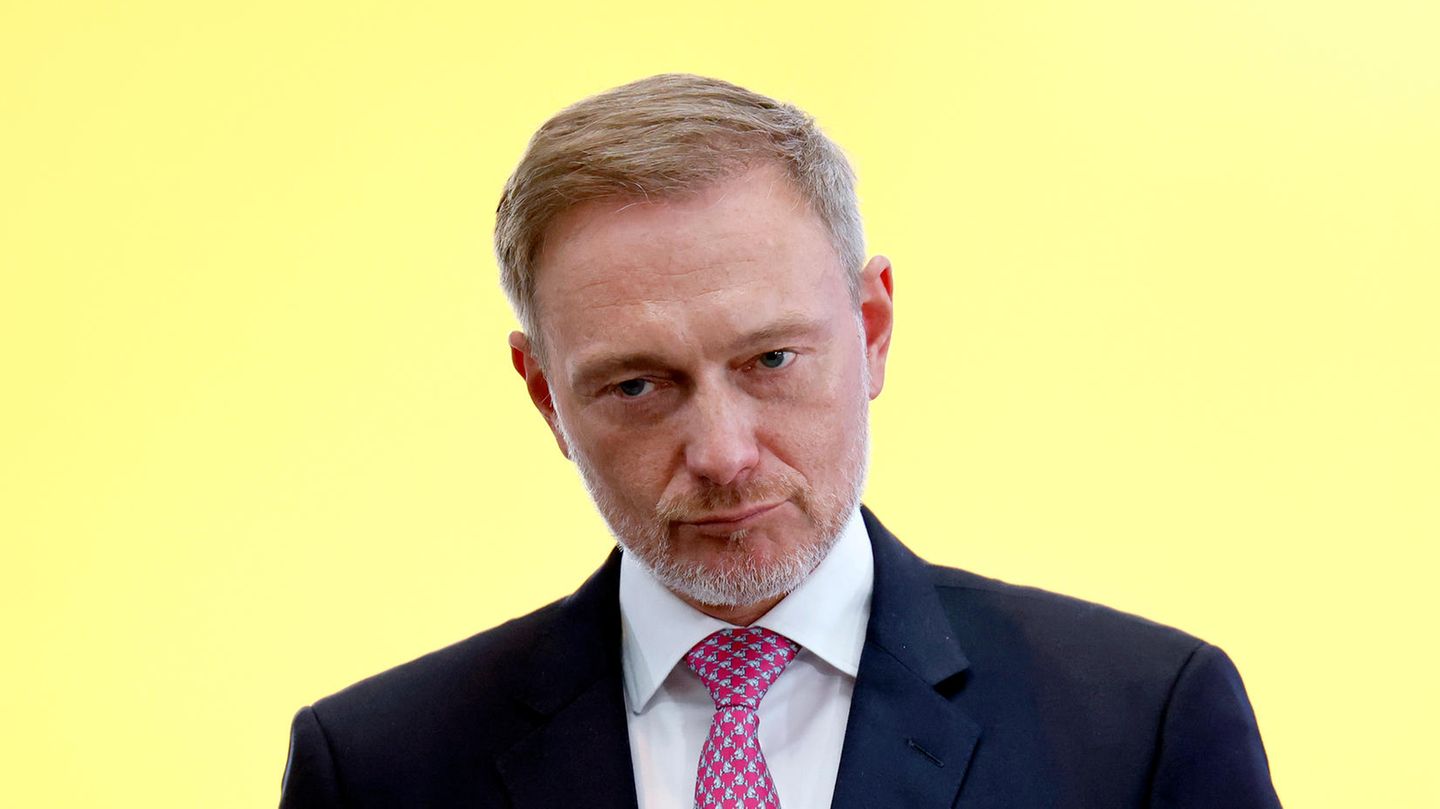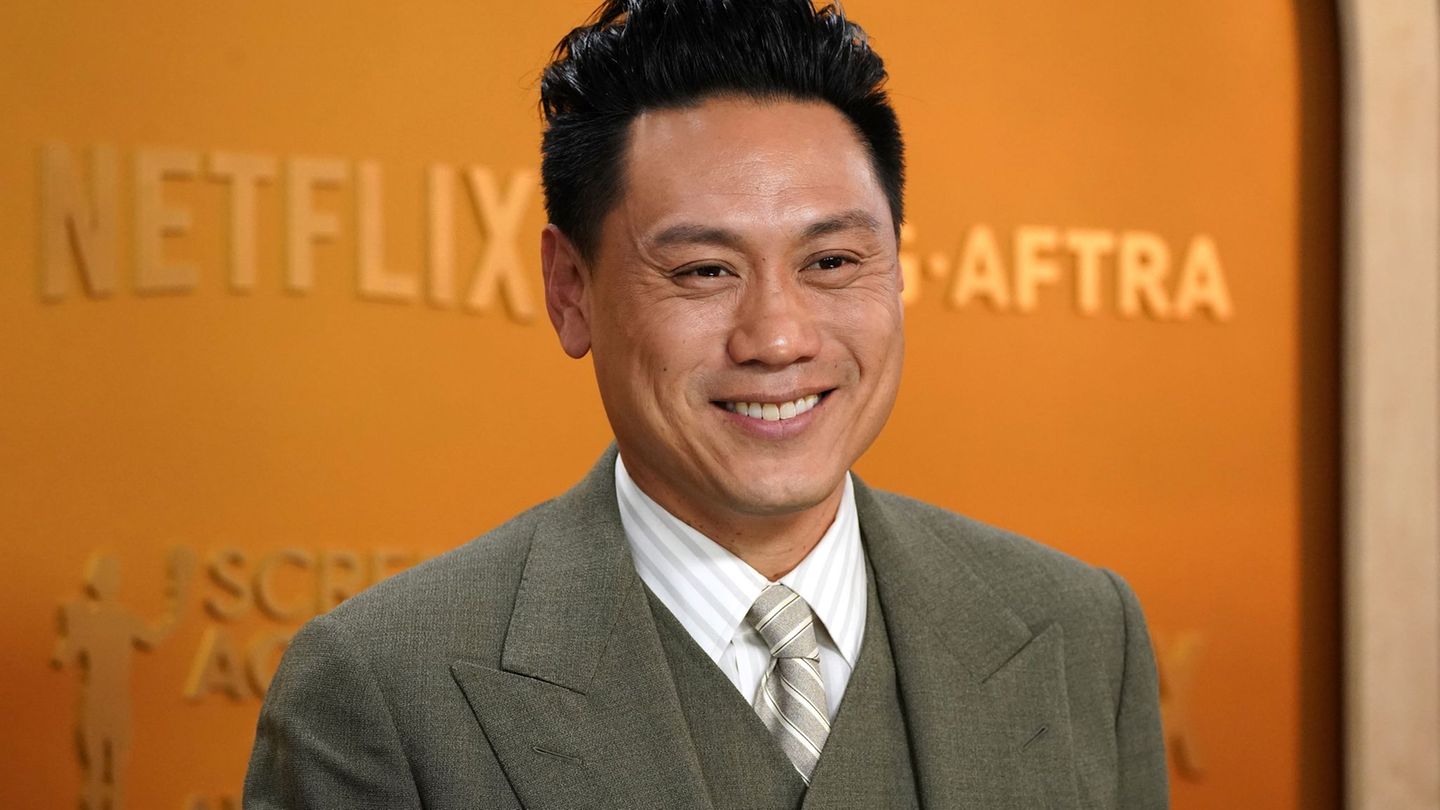Christian Lindner is presenting the draft budget for 2025 in the Bundestag today. But in what role, some in the traffic light coalition are asking with concern: as finance minister – or FDP leader?
It will be Christian Lindner’s big appearance, his moment. The only question is what he will use it for.
At 12 noon, the Federal Minister of Finance will officially present the draft budget for 2025 to the Bundestag. The financial plan that the traffic light leaders were only able to agree on with great difficulty, even after months of negotiations. It almost brought the government to a standstill. And in which there is still a gap of 12 billion euros.
Now it is up to parliament to put the figures into law. It will be a tough political task. Lindner’s performance also shows how difficult, and at times dirty, the undertaking will be – this is what traffic light politicians, who believe the FDP and its party leader are capable of doing anything these days, fear.
Christian Lindner in a tight spot
Will Lindner introduce the budget as finance minister? Or in his role as FDP leader, who is trying to breathe new fighting spirit into his badly battered party with a few pithy statements? In any case, there is great concern about a provocation that would inevitably lead to new upheavals in the traffic light coalition.
Lindner enjoyed the full attention of parliament on Tuesday morning, with all eyes on him. The introduction of the budget bill is traditionally the first item on the agenda after the summer break. It is also the official start of the budget negotiations, which will last several weeks and in which the struggling traffic light parties will look for opportunities to make a name for themselves, conflicts included.
“Three different coalition partners with different schools of thought come together here,” says Dennis Rohde, budget policy spokesman for the SPD parliamentary group, to the star. “Our responsibility, however, is to provide answers and not to lament about problems.” In other words: It won’t be easy.
Especially since the pressure on Christian Lindner is growing within his own ranks. After the election defeats in the east – in Thuringia they were thrown out of the state parliament, in Saxony they were not allowed in again – the frustration among some liberals is great. A grassroots initiative is calling for an exit from the traffic light coalition, an end to the “rubble course” – or for Lindner to resign as party leader.
Leading FDP politicians do not want to accept the ultimatum and are firmly opposed to an early end to the traffic light coalition. But the process shows that there is unrest among the liberals. At the beginning of the year, a survey of FDP members only narrowly favored remaining in the traffic light coalition. And now? The debt brake is being adhered to, but the poll ratings are still at rock bottom.
This presents Lindner with a dilemma. He has to keep his people happy without torpedoing the budget negotiations to the point where the coalition breaks up prematurely. The political damage would be enormous, and perhaps even catastrophic for the FDP: if new elections were held, the Liberals would even be thrown out of the Bundestag – according to current polls.
So the question is: Can this all end well?
SPD budget officer Rohde wants to reduce budget deficit to single-digit billions
The budget is to be approved in November. The Greens have already announced “relevant improvements” to the government’s proposal, and the SPD also sees a need for action. “One problem area is certainly the GMA, which must be reduced to a single-digit billion amount,” says budget politician Rohde. He means the 12 billion euro financial gap.
This is the amount that the so-called global underspending (GMA) is currently estimated at. The amount must be saved by 2025. But how is still unclear. As a rule, this gap is filled over the course of the fiscal year with the money that was not spent. The GMA is therefore a hopeful figure.
“The goal is to get the GMA to two percent of the budget volume, i.e. 9.6 billion euros,” says Rohde. That is a realistic amount of money that would not be spent anyway. “We expect constructive proposals from the federal government for implementation.”
Christian Lindner, who also wants to reduce the budget deficit to 9.6 billion euros, has already offered to do so. Regarding possible savings, he said in the “Report from Berlin”: “I am happy to make further suggestions if I am asked.” The SPD and the Greens are likely to have different ideas than the finance minister; they would prefer to reform the current debt rules anyway.
The future of the coalition therefore also depends on the budget experts of the factions. SPD man Rohde is optimistic that the end result will be a solid budget that complies with the constitution. “The negotiations will not be conducted publicly, but rather calmly and in an orderly manner with the coalition partners.” This can also be understood as a subtle message to the traffic light leaders, who preferred to air their differences in the media.
From 12 noon onwards it will become clear whether everyone will stick to this.
Source: Stern
I have been working in the news industry for over 6 years, first as a reporter and now as an editor. I have covered politics extensively, and my work has appeared in major newspapers and online news outlets around the world. In addition to my writing, I also contribute regularly to 24 Hours World.




